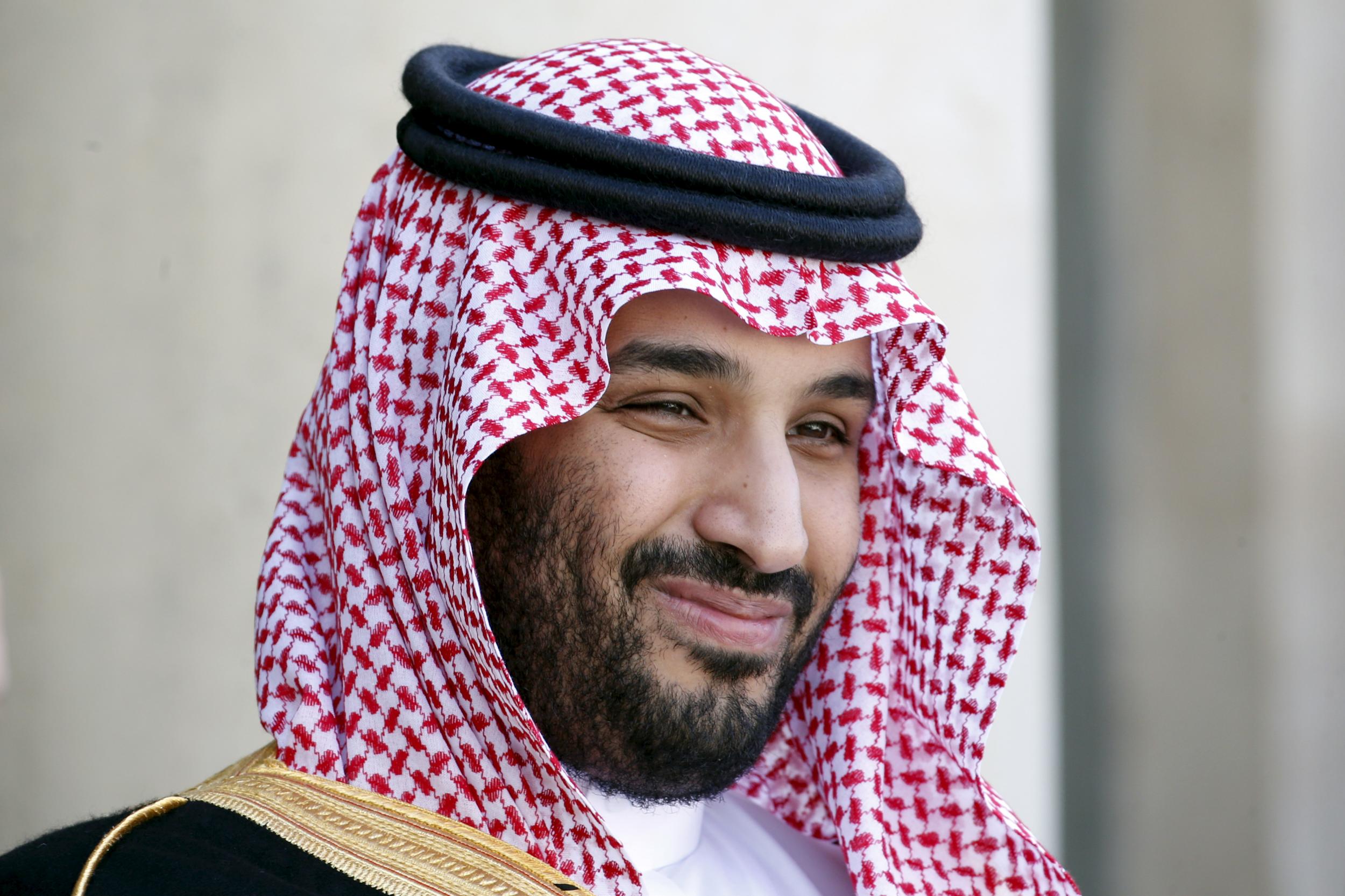Saudi authorities arrest 30 clerics, intellectuals and activists in 'coordinated crackdown on dissent'
The detentions follow widespread speculation, denied by officials, that King Salman intends to abdicate to his son, Crown Prince Mohammed

The rights group Human Rights Watch has condemned the arrest by Saudi authorities of some 30 clerics, intellectuals and activists this week as “a coordinated crackdown on dissent”.
The arrests were made ahead of a call by exiled opposition figures for demonstrations following Friday afternoon prayers, which did not appear to attract much support amid a heavy security deployment.
Activists this week circulated on social media lists of people detained, including prominent Islamist preacher Salman al-Awdah, as well as some people with no clear links to Islamist activity or obvious history of opposition.
The detentions follow widespread speculation, denied by officials, that King Salman intends to abdicate to his son, Crown Prince Mohammed, who dominates economic, diplomatic and domestic policy.
There are also growing tensions with Qatar over its alleged support of Islamists, including the Muslim Brotherhood which is listed by Riyadh as a terrorist organisation.
“These apparently politically motivated arrests are another sign that Mohammed bin Salman has no real interest in improving his country’s record on free speech and the rule of law,” said Sarah Leah Whitson, Middle East director at Human Rights Watch.
The New York-based watchdog said the arrests fit a pattern of human rights violations against peaceful advocates and dissidents, including harassment, intimidation, smear campaigns, travel bans, detention, and prosecution.
Crown Prince Mohammed has rocketed to the pinnacle of power in the kingdom, pushing a reform agenda called Vision 2030 which is aimed at weaning the country off oil and introducing social reforms. But critics say he is not doing enough to liberalise politics in a country where the king enjoys absolute authority.
“Saudis’ alleged efforts to tackle extremism are all for show if all the government does is jail people for their political views,” Ms Whitson said.
A government spokesman did not immediately respond to a request for comment.
Protests are banned in Saudi Arabia, as are political parties. Unions are illegal, the press is controlled and criticism of the royal family can lead to prison.
Riyadh says it does not have political prisoners, but senior officials have said monitoring activists is needed to maintain social stability.
The al-Saud family has always regarded Islamist groups as the biggest internal threat to its rule over a country in which appeals to religious sentiment cannot be lightly dismissed and an al-Qaeda campaign a decade ago killed hundreds.
The Muslim Brotherhood represents an ideological threat to Riyadh’s dynastic system of rule. The government toughened its stance following the Arab Spring after it averted unrest by increasing salaries and other state spending but the Brotherhood gained power elsewhere in the region.
Saudi Arabia, the United Arab Emirates, Bahrain and Egypt cut diplomatic and transport links with Qatar in June over its alleged support for Islamists including the Brotherhood – a charge Doha denies.
At the central Riyadh mosque which protest organisers had identified as one of several potential gathering spots, the imam warned worshippers against demonstrating.
“All the groups that exist today and call for political action or aspire to rule, they are all misguided, deviant groups headed by the Muslim Brotherhood,” he said.
Most people seemed to head that message, with no demonstrations reported across the kingdom.
Video posted on Twitter reportedly from a town in eastern Saudi showed an empty highway with a small makeshift sign hanging from a pedestrian overpass. Written in red were the words: “September 15” and “Down with Al Saud”.
Reuters
Join our commenting forum
Join thought-provoking conversations, follow other Independent readers and see their replies
Comments
Bookmark popover
Removed from bookmarks